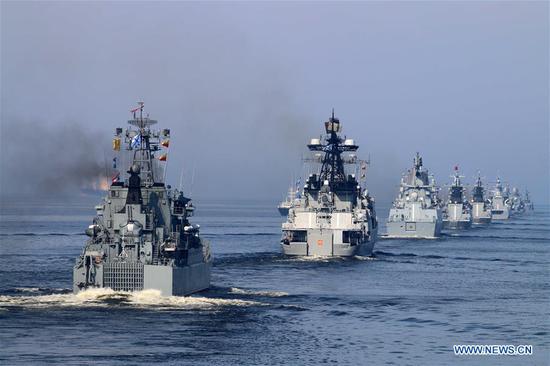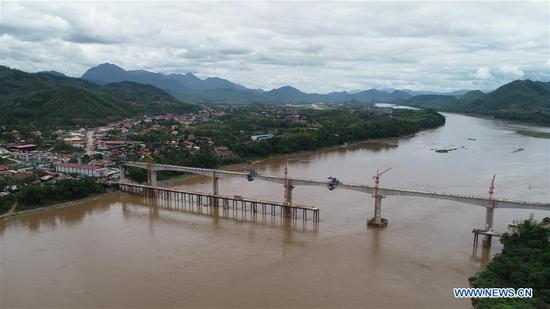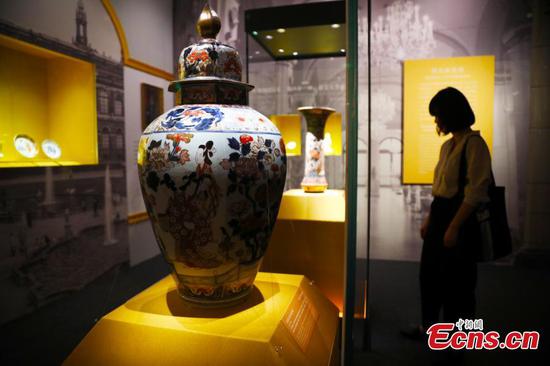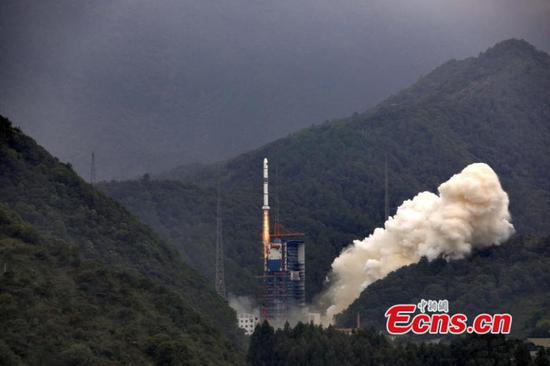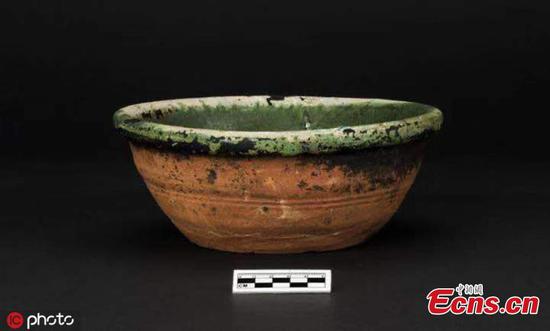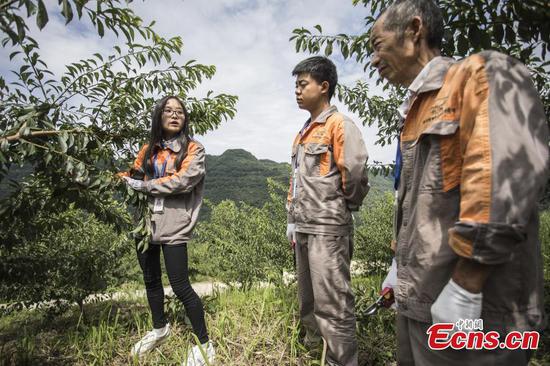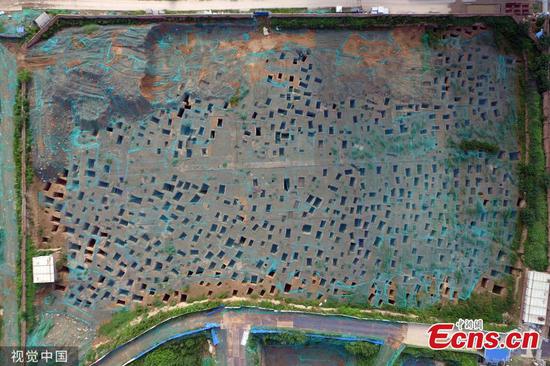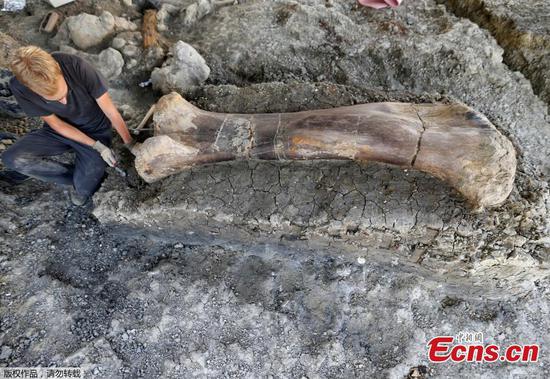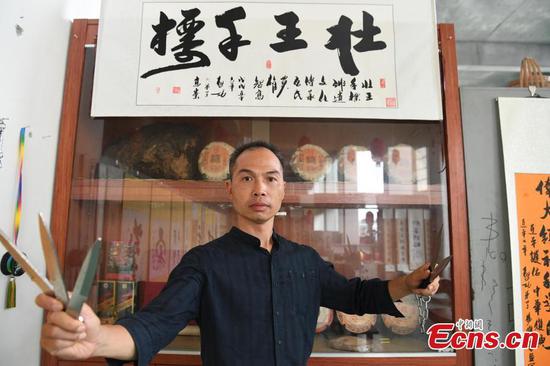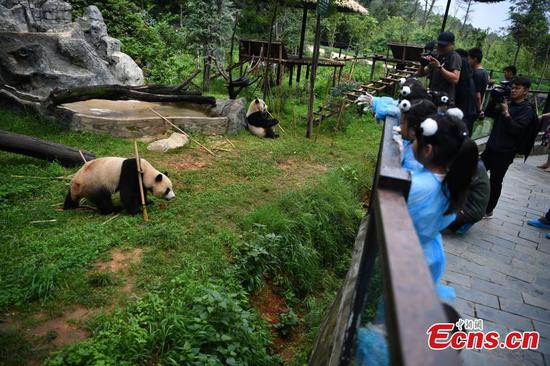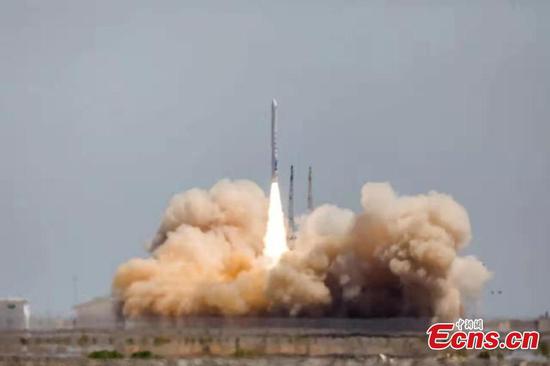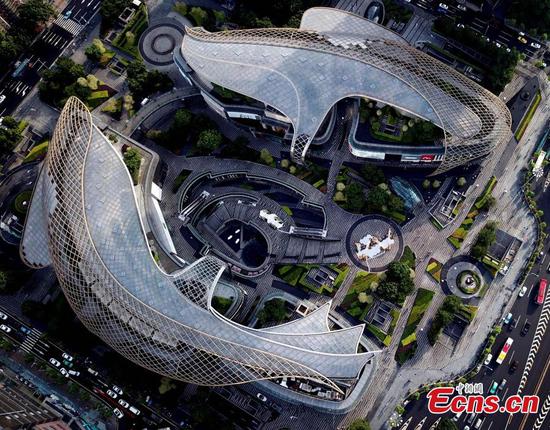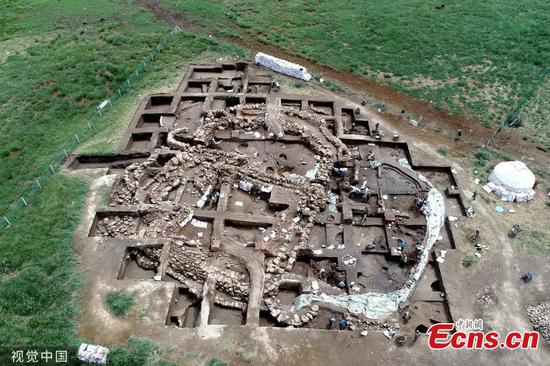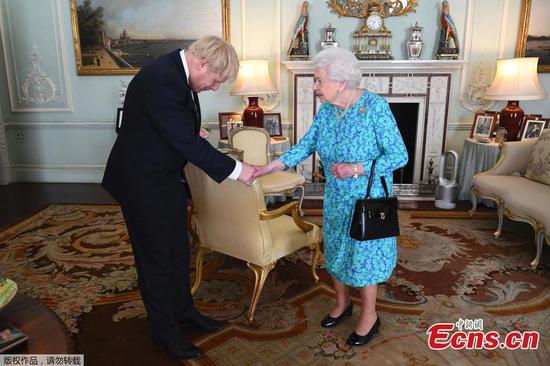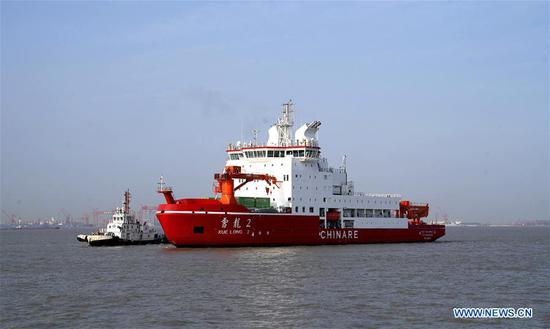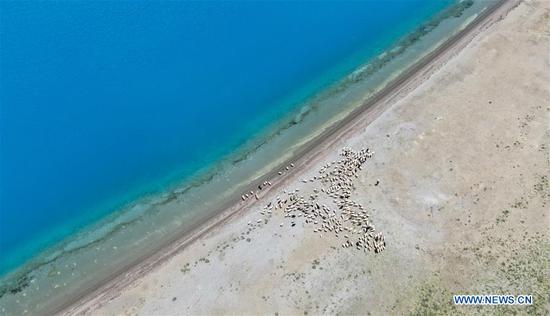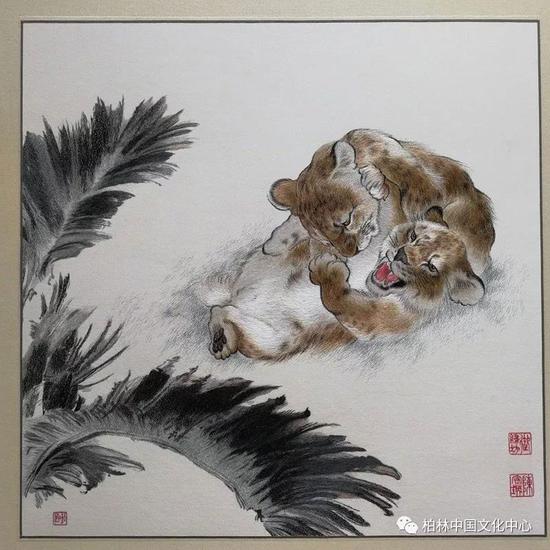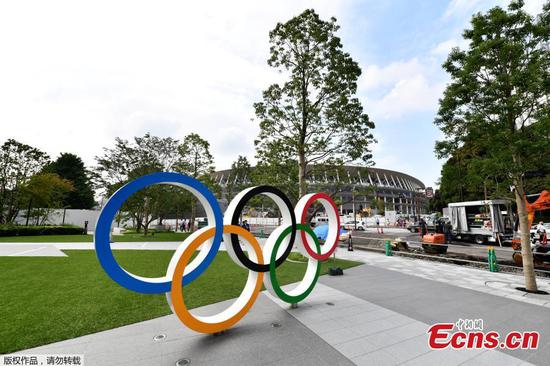Expert says media cooperation helps build relations between the two sides
The rise of digital technology has helped the information and media sector to deepen the relations between China and Southeast Asian countries, allowing these countries to build a shared community and future together, according to senior officials attending the ASEAN-China High Level Media Forum held last week in Jakarta.
ASEAN Secretary-General Lim Jock Hoi said in his keynote address that people-to-people exchange, cross-sectoral collaboration and furthering mutual understanding underpin China and ASEAN's cooperation in the information and media sector.
Lim stressed the importance of digital technology, noting that more than 60 percent of ASEAN residents are connected to the internet.
"ASEAN and China must take advantage of the growing digital connectivity to reach out to people and share with them the story of our way of life (and) aspirations (so that it) will develop better intercultural understanding and dialogue," he said.
As an event celebrating the ASEAN-China Year of Media Exchanges this year, the July 24 forum highlighted connection for a better future in the digital age, said Huang Xilian, Chinese ambassador to ASEAN.
As Chinese President Xi Jinping pointed out in his congratulatory letter at the February opening of the Media Exchanges Year, "Chinese and ASEAN media could serve as messengers of exchanges, facilitators of cooperation, guardians of harmonious coexistence and good storytellers on peace and common development," he said.
"Today, ASEAN-China relations have entered a new phase of all-around development, providing media cooperation with broader prospects yet also with heavier responsibility," he said.
Piti Srisangnam, director for academic affairs, ASEAN Studies Center at the Bangkok-based Chulalongkorn University, said that media can help build a closer China and ASEAN community. But this can be done by solving the problem of fake news and hate speech.
Noel Servigon, Philippines' permanent representative to ASEAN, said the internet has helped the traditional media industry to broaden their audience reach and transformed the way they produced content. He also focused on the media's role in building closer ties between ASEAN and China.
"The media's role in bringing to light the tangible benefits of China-ASEAN relations to our people is an important task and important responsibility that calls for our support and attention," he said.
In an interview held on the sidelines of the forum, Jose Ruperto Martin Andanar, secretary of the Presidential Communications Office of the Philippines, welcomed the collaborative and meaningful discussions between China and ASEAN.
"Having this dialogue strengthens our resolve to communicate properly and in spreading truthful information," he told China Daily.
At the forum's panel discussions, Aung Hla Tun, vice-minister of information of Myanmar, said any media outlet should treasure professional ethics. Professor Yu Qingchu, dean of School of Journalism and Communication of Xiamen University, said ASEAN and Chinese media have to rise to misunderstandings often resulting from some biased and distorted reporting from some strong Western outlets.
As the digital divide persists and disinformation proliferates online, the gray area of internet regulation should be addressed, according to George A. Apacible, a senior official from the Presidential Communications Operations Office of the Philippines.
Apacible and other panelists find that opportunities also emerge in a new era of connectivity and further media collaboration will lead to better understanding and sharing, and to addressing the issue of fake news and disinformation.
Zhou Mingwei, president of Translators Association of China said in the concluding remarks that people-to-people exchanges and mutual collaboration can overcome barriers that cannot be overcome by technology, and coordination yields strength.
On Tuesday, ministerial policymakers of these nations exchanged their views and steps at the High-Level ASEAN-China Media Cooperation in Jakarta.
Fan Weiping, vice-minister of National Radio and Television Administration, also head of the Chinese delegation, said that mutual cooperation is expected to be deepened comprehensively.
A five-year agenda could better enable the parties in audiovisual and related practices amid future challenges in technology and social changes, he said.
Kung Phoak, deputy secretary-general for ASEAN Socio-Cultural Community, welcomed China's support in leveraging information that will raise awareness on ASEAN developments and help foster a shared identity.
Deepening China-ASEAN partnership is important, he said, as the 2020 will be designated as the Year of ASEAN Identity and the information and media sector has a crucial role in defining the ASEAN identity.










